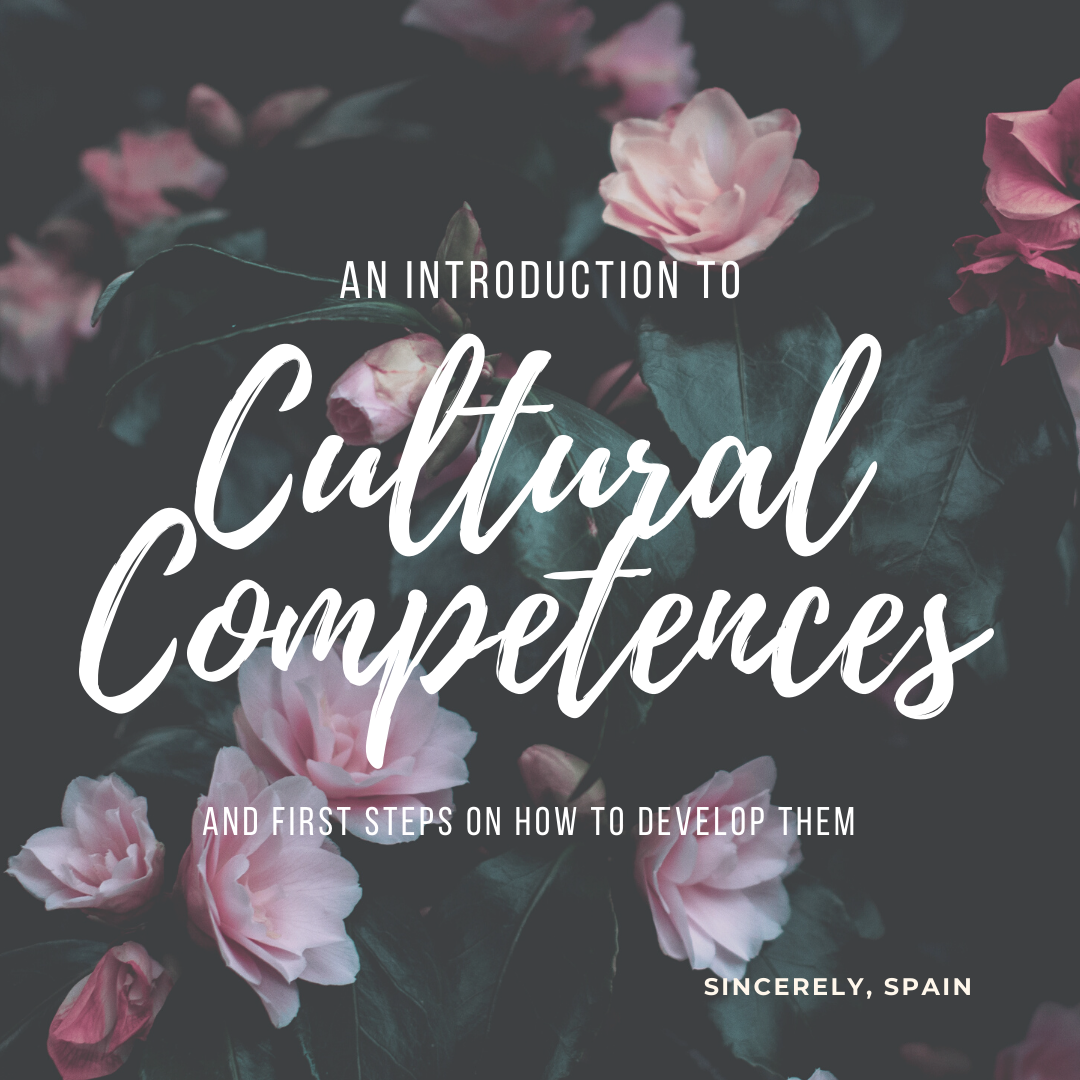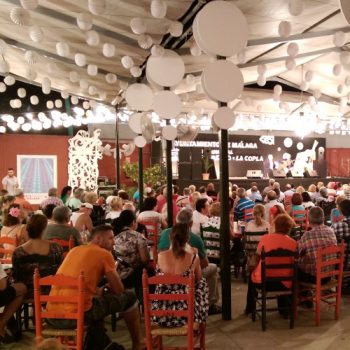
An Introduction to Cultural Competence
Dear Esme,
 Culture competences (multicultural/intercultural) is a topic that we think is pretty important over here at Sincerely, Spain. Whether you want to go abroad or just interact with people of different background where you live, having the ability to learn about others in a respectful way is something that we truly believe in. That is why today we are sharing our introduction to cultural competences. Now, you might not get many practical tips out of this post (that is in Part III of the series) but we hope you gain a deeper understanding for what we are talking about and why it might matter for how you interact with people in your surroundings.
Culture competences (multicultural/intercultural) is a topic that we think is pretty important over here at Sincerely, Spain. Whether you want to go abroad or just interact with people of different background where you live, having the ability to learn about others in a respectful way is something that we truly believe in. That is why today we are sharing our introduction to cultural competences. Now, you might not get many practical tips out of this post (that is in Part III of the series) but we hope you gain a deeper understanding for what we are talking about and why it might matter for how you interact with people in your surroundings.
Firstly, you should know that, as a sociologists, we have studied the purpose behind understanding terminology before talking about ideas. That is why we are breaking down the ideas behind cultural competences and the interpretation of these words (and sociolinguistics). Take this post with a grain of salt, however, as there are many people with similar or distinct opinions all over the world—and we all may be right or wrong.
Competences
The first thing that is important to understand is a competence. For us, competences refer to the skills, abilities, and knowledge that a person has and is able to implement in a variety of situations. To be able to properly use these competences it is important for us to be aware not only of the situations around us, but also of our ability to make the most out of them. This means, even though you might be brilliant at something, if you cannot find a way to apply it practically in your life or in a specific situation, it doesn’t do much good.
Example: Being fluent in Spanish means you could consider yourself competent in this language; however, if being socially awkward prevents you from being able to communicate in Spanish, you might be lacking communication competences.
Multicultural/Intercultural Competences
To understand the idea of competences when connected with culture, it is important to comprehend a specific definition of culture. For the purpose of this post, let’s consider culture to be “the symbolic forms that serve as a way to feel and express meaning within a specific community.” This includes everything from the way a community speaks their language to how they celebrate traditions to how they greet outsiders. When we add the prefix multi-, we can understand that multicultural is when various cultures are brought together.
Note: In Spanish, they differentiate between multicultural and intercultural saying that multicultural is just many cultures in one space whereas intercultural implies an interaction between the cultures. In English this distinction does not seem to be as strong.
 Multicultural/Intercultural competences are the ability to adapt and be aware of a situation around you when you are not in “your own culture.” That is to say, you find yourself in a situation where people may feel or express meaning in a different way (i.e. in the country where you are studying or living abroad). If you have spent a lot of time getting to know people who are different from you, it might not be a big deal to try and adapt to different meanings in everyday activities. However, this can also make communication more difficult as you will expect people to communicate and react in a similar way to you but, in fact, their way of living may be completely different than what you are used to.
Multicultural/Intercultural competences are the ability to adapt and be aware of a situation around you when you are not in “your own culture.” That is to say, you find yourself in a situation where people may feel or express meaning in a different way (i.e. in the country where you are studying or living abroad). If you have spent a lot of time getting to know people who are different from you, it might not be a big deal to try and adapt to different meanings in everyday activities. However, this can also make communication more difficult as you will expect people to communicate and react in a similar way to you but, in fact, their way of living may be completely different than what you are used to.
For example, when greeting Spanish people, women give men and other women two kisses, one on each cheek (read this article to find out more). However, this could make someone who is used to shaking hands incredibly uncomfortable. If you can perceive—become aware of—and act accordingly in various cultural situations, your multicultural competence is higher than someone who cannot.
Note: We do not believe that one way of doing things is inherently wrong or right but that they are just different!
Gaining competences starts with you
The most difficult part of acquiring multi/intercultural competences is realizing that ‘they’ are not the ‘problem,’ there may be no need to call anything a ‘problem.’ We are so accustomed to doing things how we perceive them to be normal that sometimes we forget that our ‘normal’ may not be normal for everyone. The first step to becoming more competent is by doing a self-evaluation of what you do, how you act, and why you feel as you feel. Only then can you begin to understand that other people could interpret the same stimulation differently.
If you are interested in starting to identify your own multicultural competences, we would recommend doing a self assessment such as this one. The purpose of this type of evaluation is to identify what elements you should be thinking about when considering another culture, and how your own predisposition to certain situations and responses can hinder your ability to integrate with other communities. Something as ‘silly’ as not realizing that you have stereotypes about others may be impeding your ability to thrive in your new country.
 What do you think? Are you culturally competent? Do you want to know more? Let us know!
What do you think? Are you culturally competent? Do you want to know more? Let us know!
Sincerely,
Spain
P.S. Read more: Part II, Part III, and the Professional Benefits of Cultural Competences.




